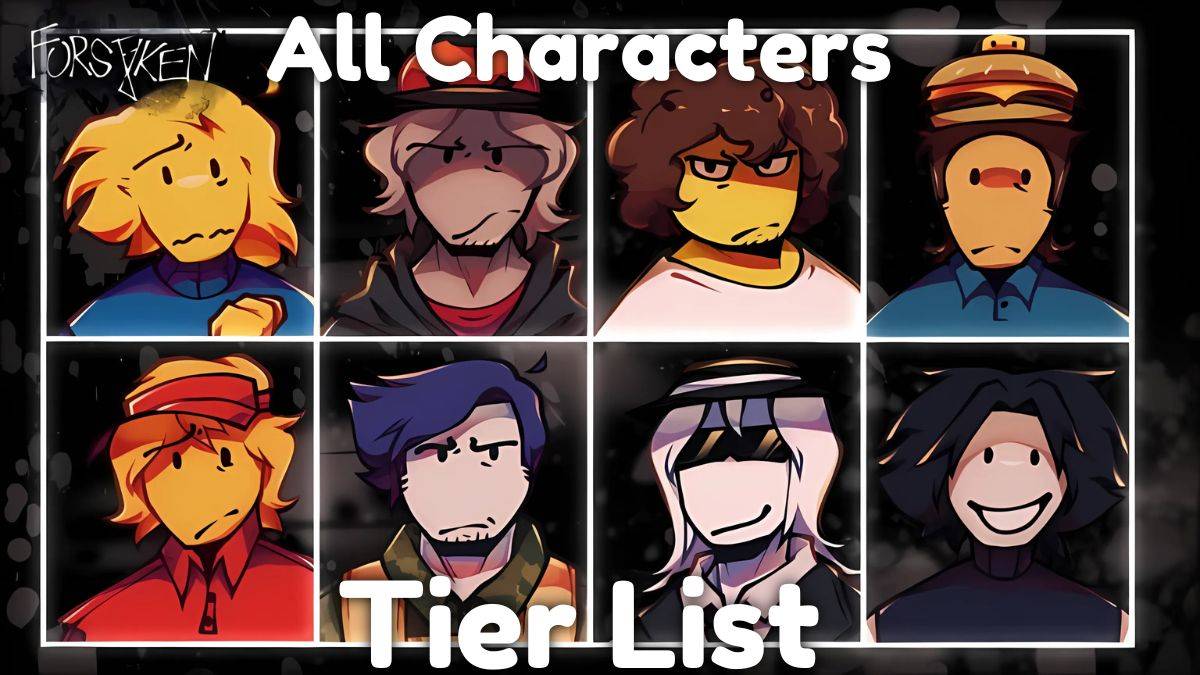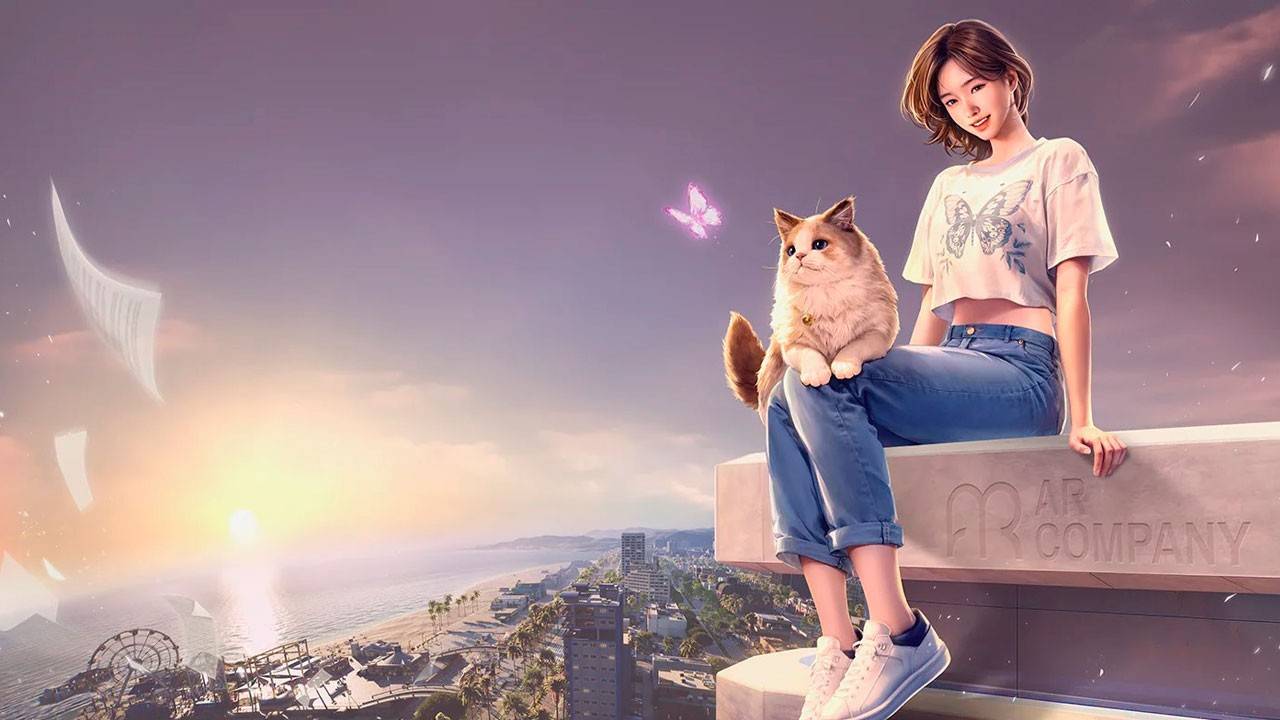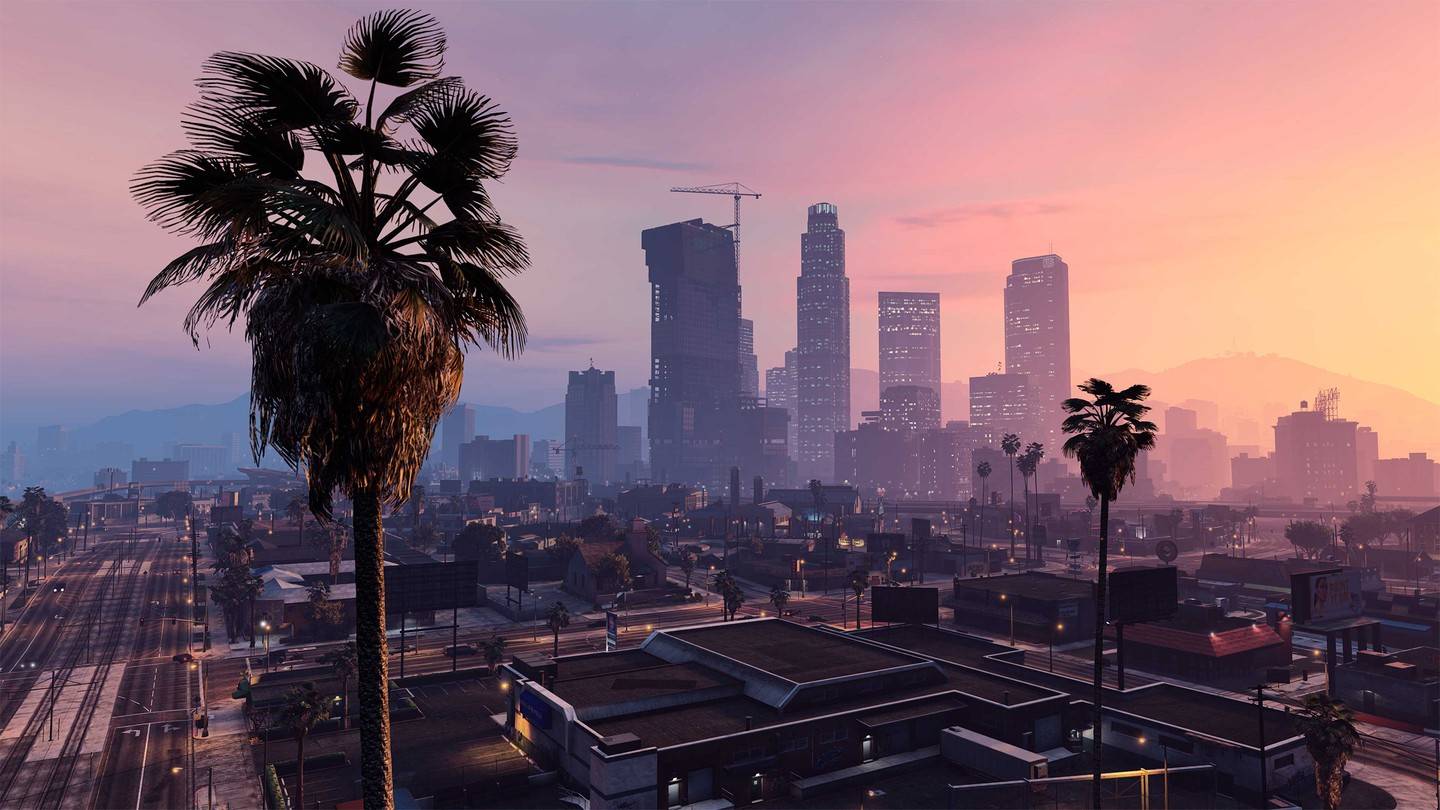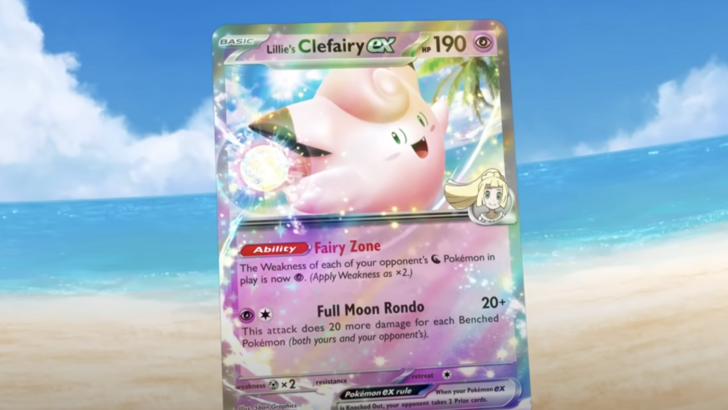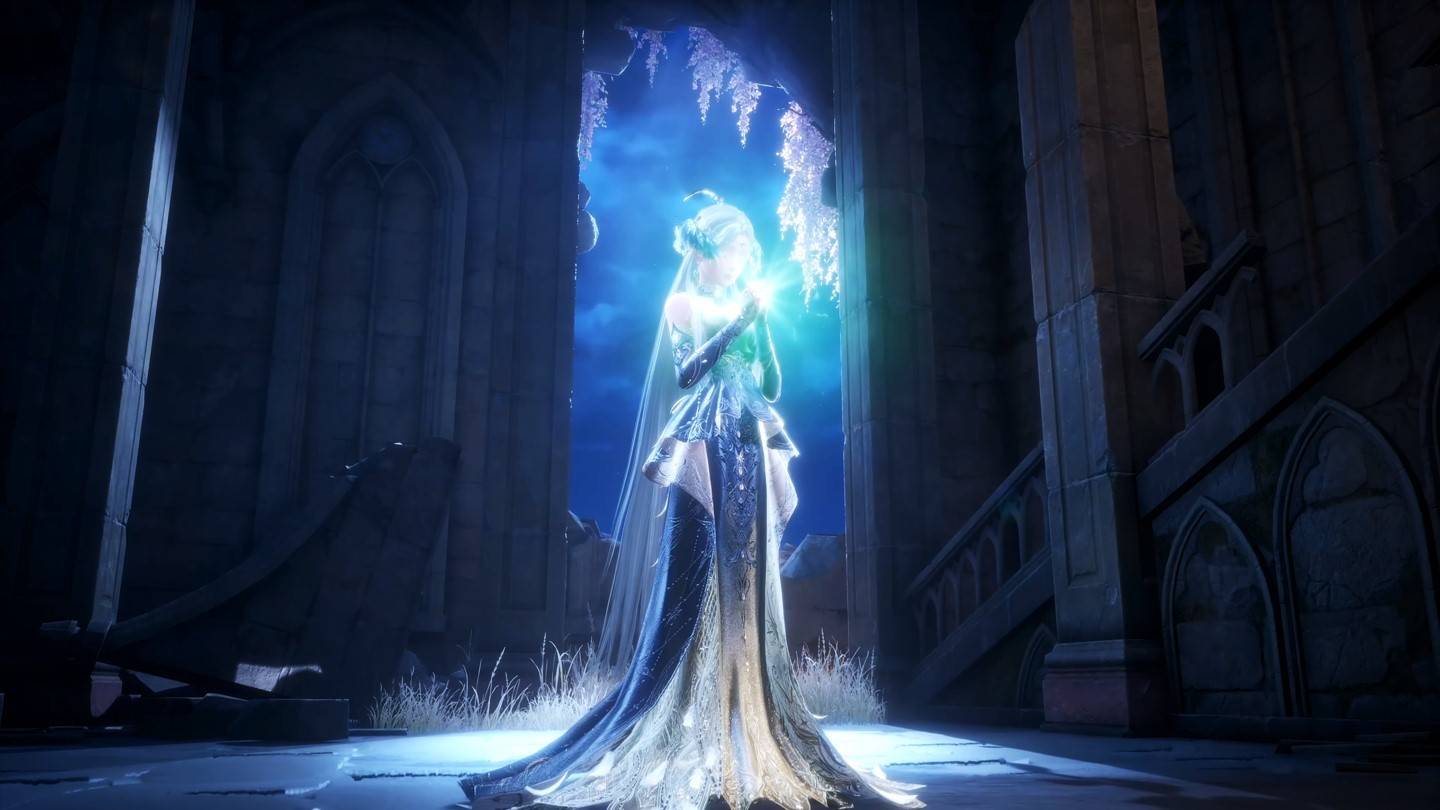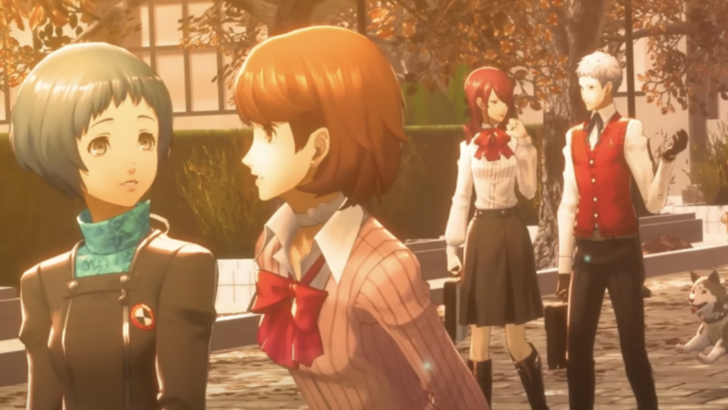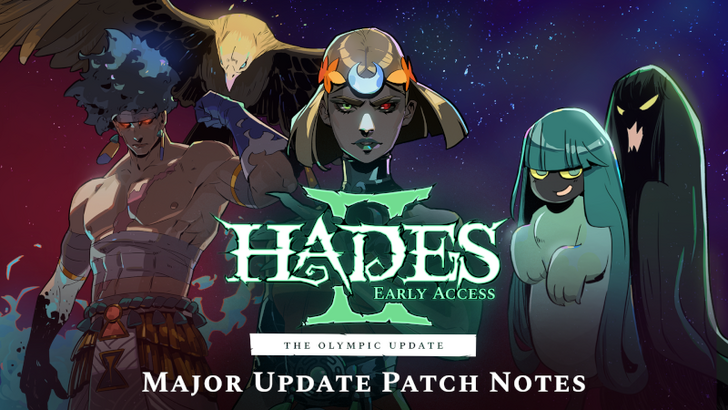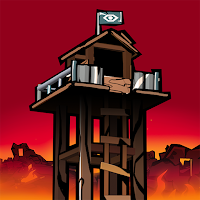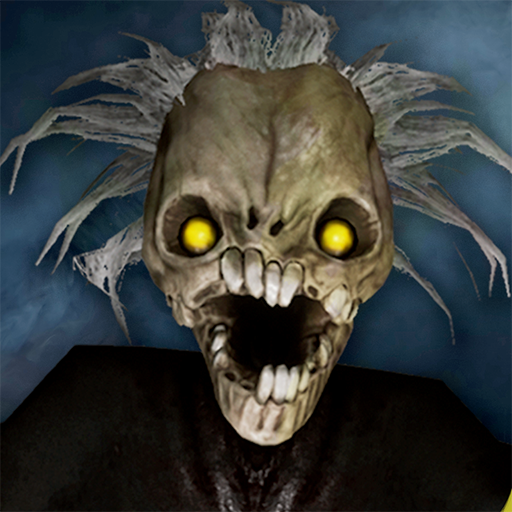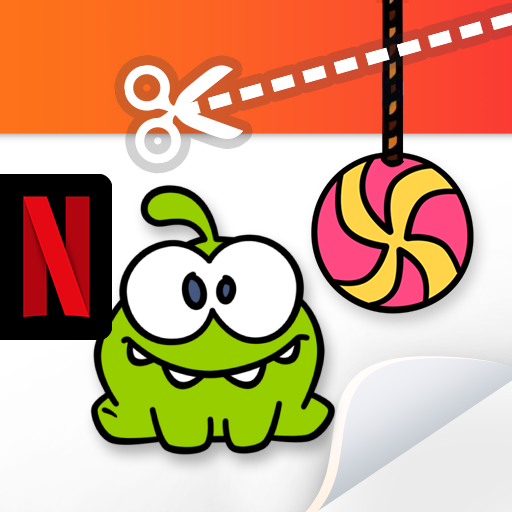Capcom's Revival: From Resident Evil 6 to Monster Hunter Wilds' Success
With *Monster Hunter Wilds* shattering Steam records and *Resident Evil* soaring in popularity thanks to *Village* and a series of stellar remakes, it might seem like Capcom is on an unstoppable winning streak. However, this wasn't always the case. Just under a decade ago, Capcom faced a series of critical and commercial flops that left the company struggling to find its footing and re-engage its audience.
Capcom was grappling with an identity crisis. *Resident Evil*, the franchise that pioneered the survival horror genre, had lost its edge following *Resident Evil 4*. Meanwhile, *Street Fighter* was faltering after the disappointing reception of *Street Fighter 5*. These setbacks could have spelled the end for Capcom and its beloved franchises.
Yet, from this low point, Capcom found a way to rejuvenate its iconic series. A strategic shift in game development, coupled with the adoption of a robust new game engine, breathed new life into these franchises. This transformation paved the way for a string of critically acclaimed and financially successful releases, propelling Capcom back to the forefront of the gaming industry.
Resident Evil Lost Its Way
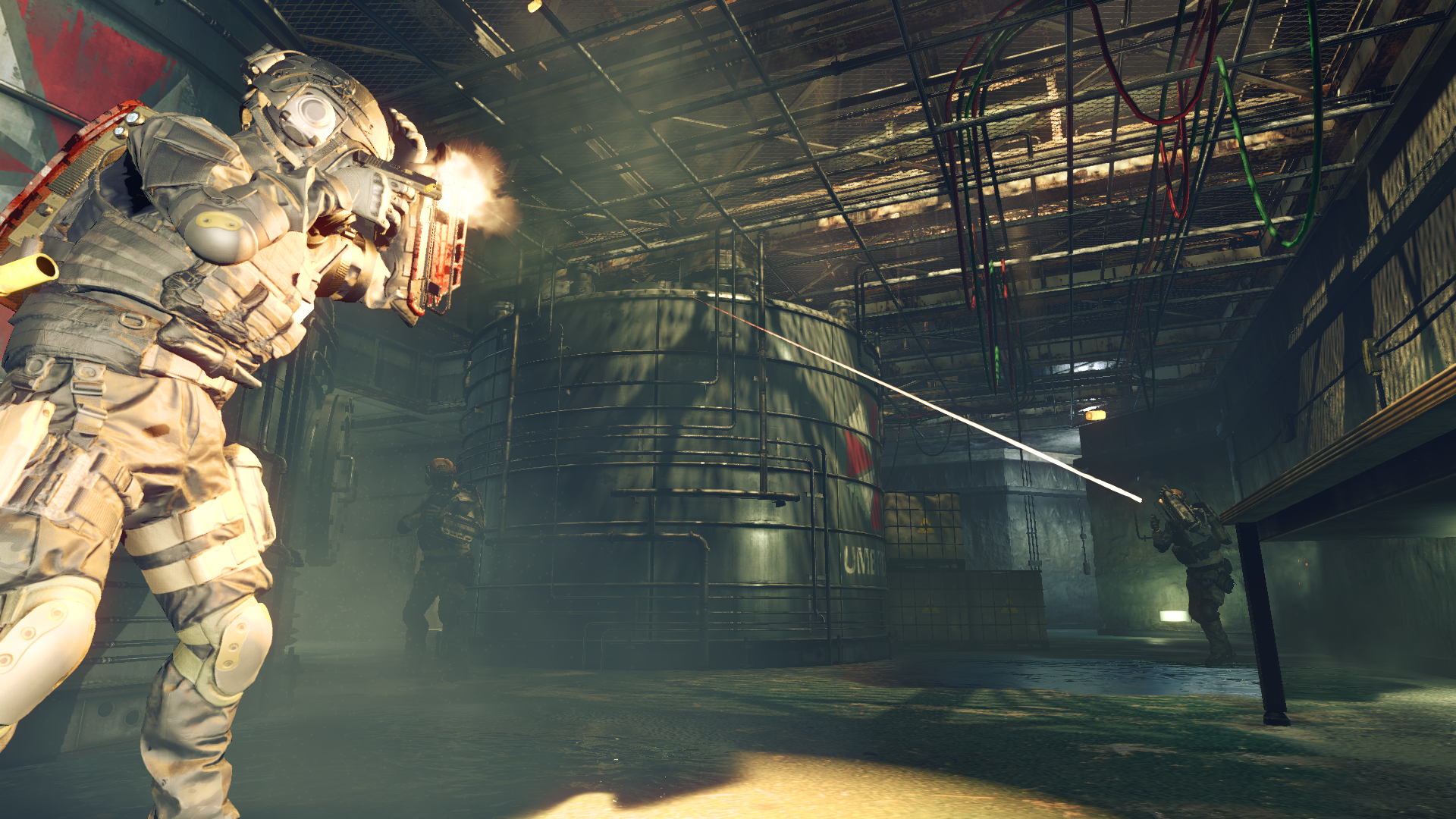 2016 was a challenging year for Capcom. The release of *Umbrella Corps*, an online co-op shooter, was met with harsh criticism from both reviewers and fans. Similarly, *Street Fighter 5* received lukewarm responses from fans who were expecting more from the sequel to the beloved *Street Fighter 4*. *Dead Rising 4*, featuring the return of Frank West, would mark the last new entry in that series.
2016 was a challenging year for Capcom. The release of *Umbrella Corps*, an online co-op shooter, was met with harsh criticism from both reviewers and fans. Similarly, *Street Fighter 5* received lukewarm responses from fans who were expecting more from the sequel to the beloved *Street Fighter 4*. *Dead Rising 4*, featuring the return of Frank West, would mark the last new entry in that series.
This period marked the nadir of a challenging stretch for Capcom, which had been struggling since 2010. The mainline *Resident Evil* games were seeing declining critical acclaim, despite strong sales. *Street Fighter* was struggling, and key franchises like *Devil May Cry* were absent. Meanwhile, *Monster Hunter*, though hugely popular in Japan, was finding it difficult to break into international markets.
"Many of us started feeling that what the fans and players wanted from the series was getting a little bit separate from what we were making." This sentiment was a far cry from the Capcom we see today, which has consistently delivered hit after hit since 2017. From *Monster Hunter World* to *Devil May Cry 5*, *Street Fighter 6*, and a series of acclaimed remakes and reboots of *Resident Evil*, Capcom has demonstrated a remarkable turnaround.
Achieving this success required more than just learning from past mistakes. Capcom had to fundamentally rethink its approach, from targeting new player demographics to leveraging cutting-edge technology. IGN spoke with four of Capcom’s leading creatives to understand how the company overcame its challenges and emerged stronger than ever.
Founded in 1979 as a maker of electronic game machines, Capcom rose to prominence in the 80s and 90s with iconic 2D games like *Street Fighter* and *Mega Man*. The transition to 3D gaming with titles like *Resident Evil* was a success, culminating in the critically acclaimed *Resident Evil 4* in 2005, which is often cited as a high point for the franchise due to its innovative blend of horror and action.
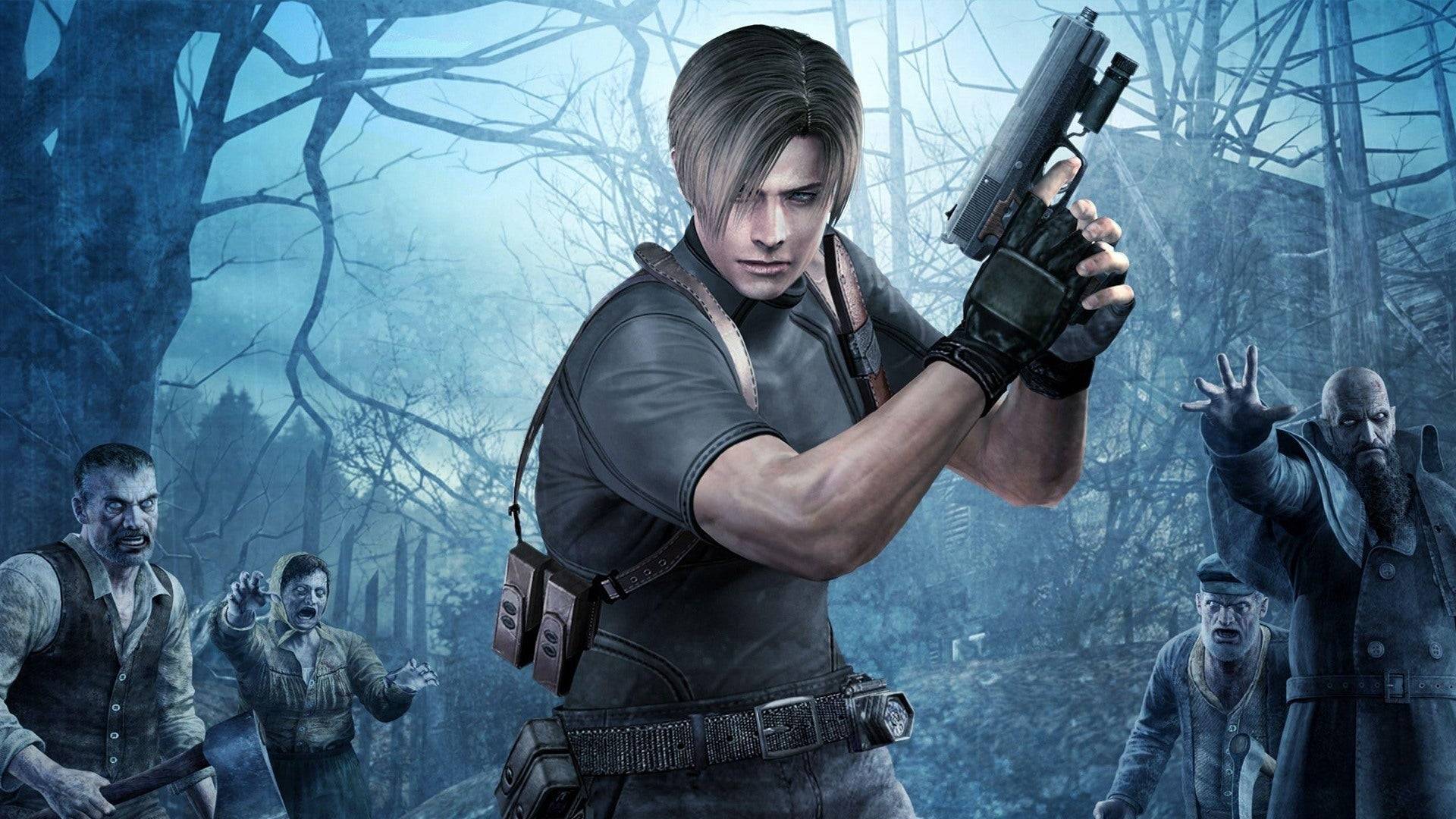 However, subsequent *Resident Evil* games struggled to maintain this balance. *Resident Evil 5* featured more action-oriented sequences, and *Resident Evil 6* attempted to cater to both action and horror fans with mixed results. This led to a sense of directionlessness that frustrated fans and developers alike.
However, subsequent *Resident Evil* games struggled to maintain this balance. *Resident Evil 5* featured more action-oriented sequences, and *Resident Evil 6* attempted to cater to both action and horror fans with mixed results. This led to a sense of directionlessness that frustrated fans and developers alike.
This downward trend was not limited to *Resident Evil*. *Street Fighter 4* was a success, but *Street Fighter 5* was criticized for its lack of content and poor online functionality. Other key franchises like *Devil May Cry* also faced challenges, with *DmC: Devil May Cry* receiving mixed reviews and prompting a hiatus for the series.
By the mid-2010s, Capcom recognized the need for change. The company began implementing strategic shifts that would eventually transform its fortunes. One of the first steps was addressing the issues with *Street Fighter 5*. Directors Takayuki Nakayama and Shuhei Matsumoto were tasked with stabilizing the game, despite its initial shortcomings.
Street Fighter 5, The Lost Cause
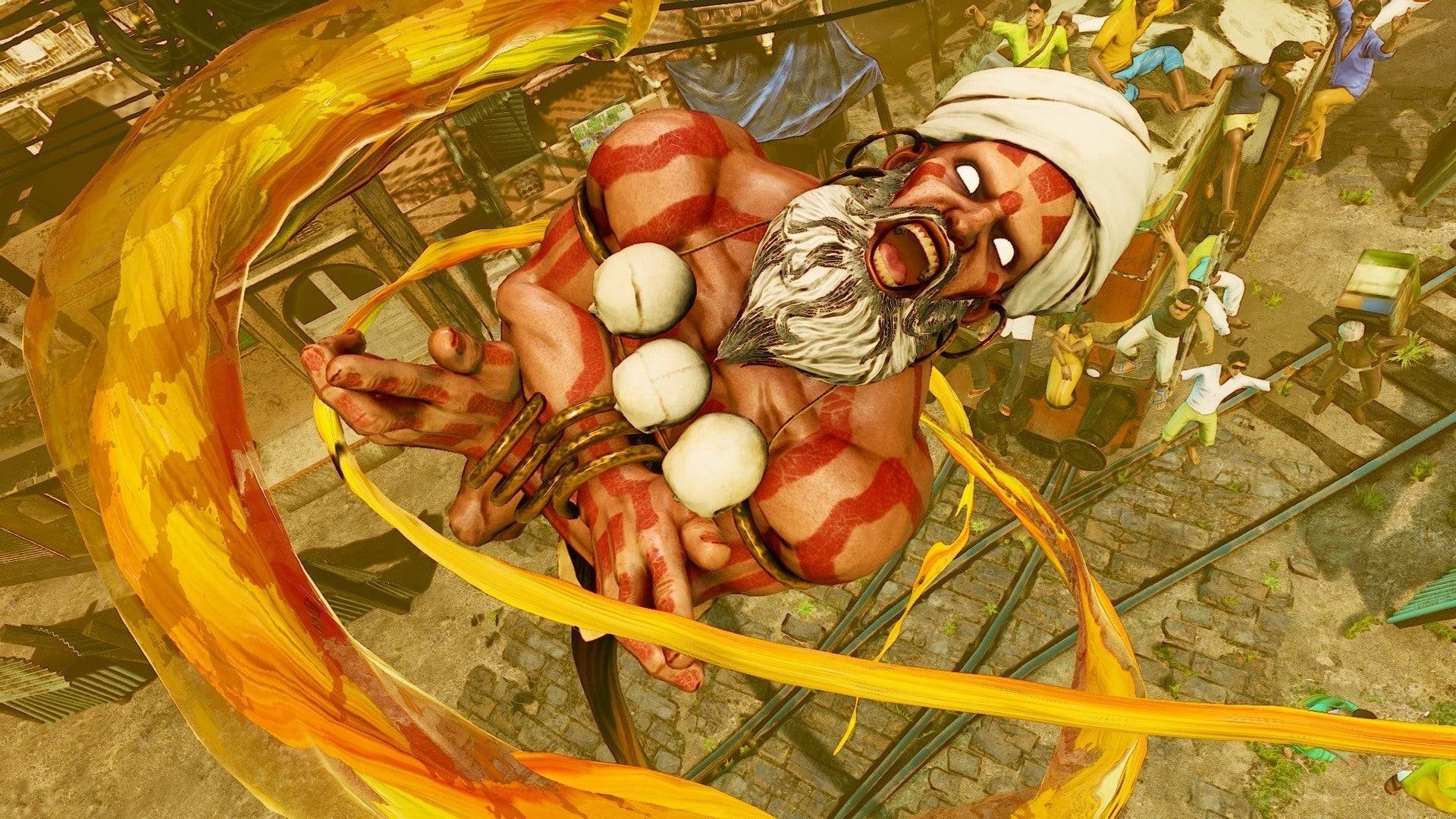 Nakayama admitted to the challenges in developing *Street Fighter 5*, noting the constraints that limited what they could achieve. Instead of a complete overhaul, the team focused on fixing the most pressing issues and using *Street Fighter 5* as a testbed for future innovations.
Nakayama admitted to the challenges in developing *Street Fighter 5*, noting the constraints that limited what they could achieve. Instead of a complete overhaul, the team focused on fixing the most pressing issues and using *Street Fighter 5* as a testbed for future innovations.
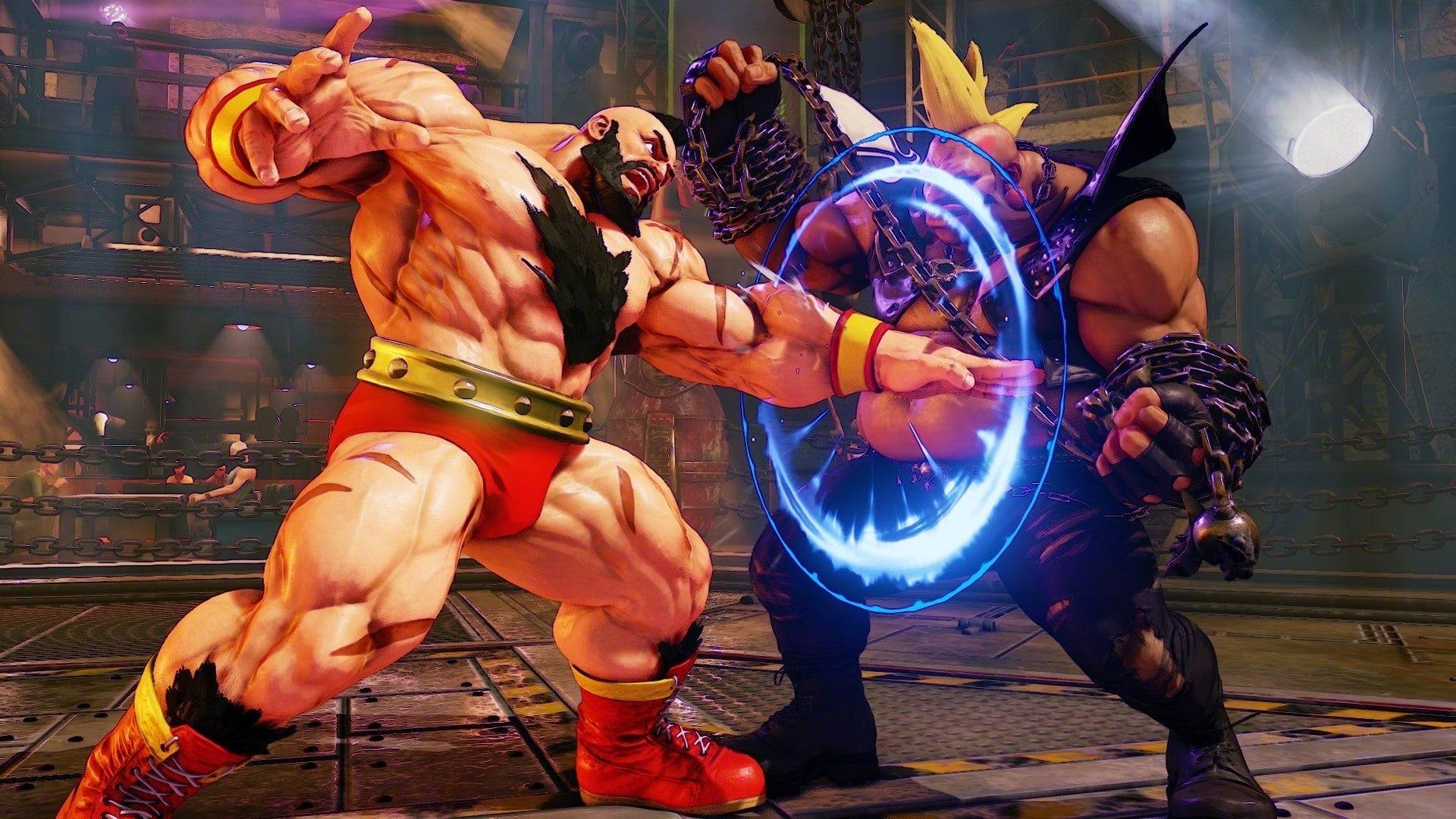 The updates to *Street Fighter 5* laid the groundwork for the critically acclaimed *Street Fighter 6*. Matsumoto emphasized that the development process of *Street Fighter 5* was crucial in figuring out what worked for the next game in the series.
The updates to *Street Fighter 5* laid the groundwork for the critically acclaimed *Street Fighter 6*. Matsumoto emphasized that the development process of *Street Fighter 5* was crucial in figuring out what worked for the next game in the series.
Around the same time, Capcom underwent a significant internal reorganization, adopting the new RE Engine to replace the aging MT Framework. This shift was part of a broader strategy to create games that appealed to a global audience, as noted by Hideaki Itsuno, a former game director known for *Devil May Cry*.
Monster Hunter Took Over The World
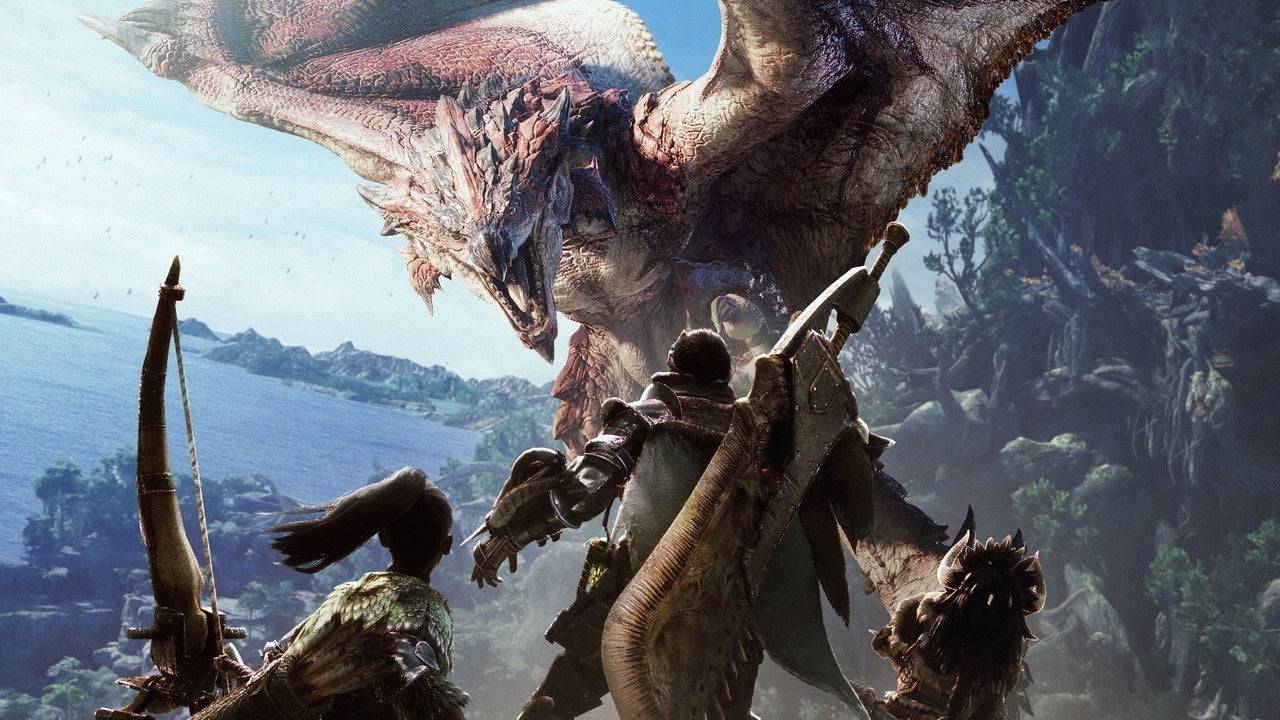 The launch of *Monster Hunter: World* in 2018 marked a pivotal moment for the franchise. Designed to be accessible to players worldwide, the game was released simultaneously across multiple platforms, ensuring no region felt left behind. Executive producer Ryozo Tsujimoto highlighted the importance of global appeal, which was reflected in the game's design and marketing.
The launch of *Monster Hunter: World* in 2018 marked a pivotal moment for the franchise. Designed to be accessible to players worldwide, the game was released simultaneously across multiple platforms, ensuring no region felt left behind. Executive producer Ryozo Tsujimoto highlighted the importance of global appeal, which was reflected in the game's design and marketing.
*Monster Hunter: World* and its successor, *Monster Hunter Rise*, achieved unprecedented sales, demonstrating Capcom's successful shift towards a global market. The series maintained its core gameplay while incorporating feedback from international players to enhance its appeal.
Resident Evil 7 Began Turning Things Around
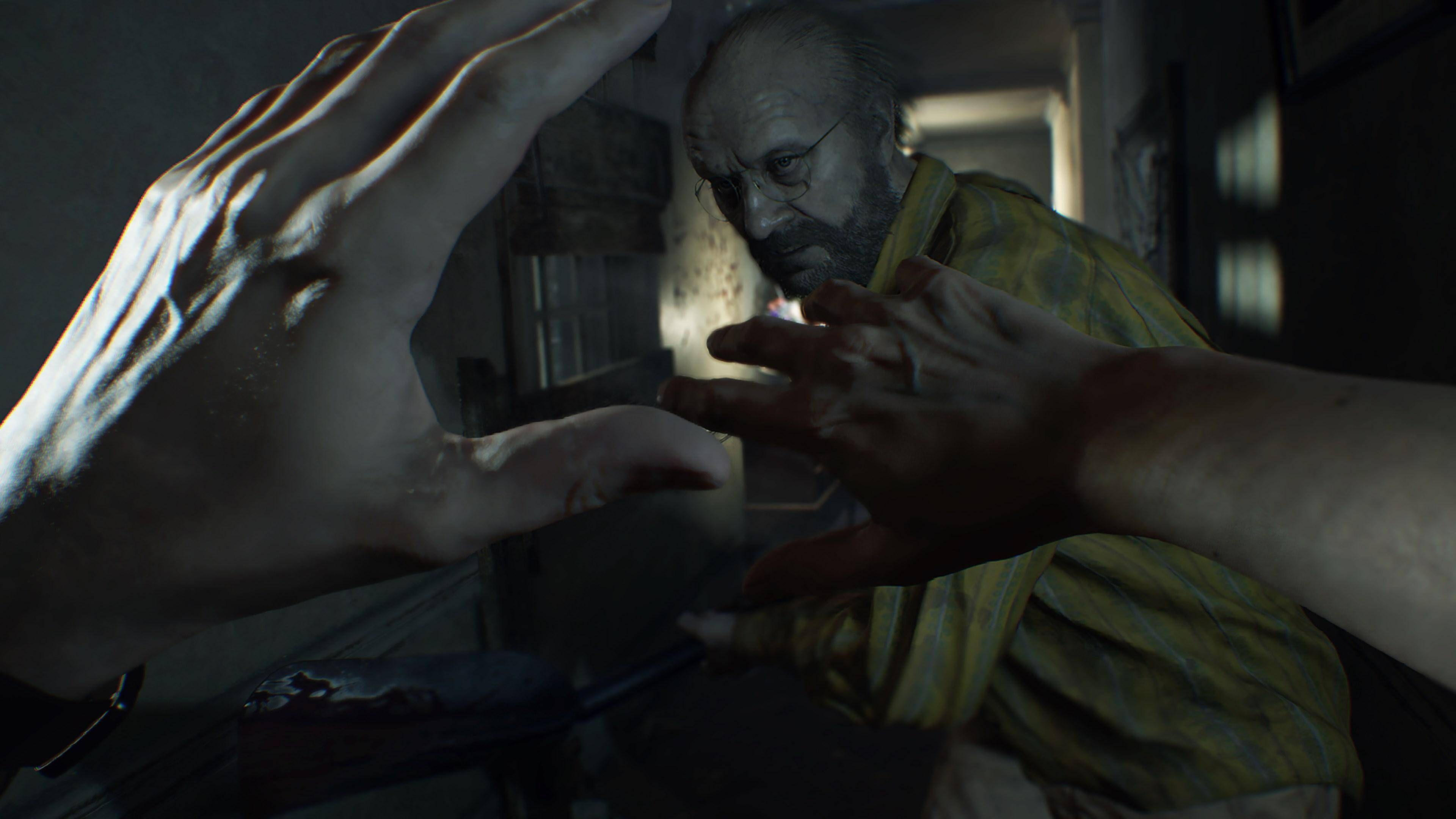 For *Resident Evil*, the decision was made to return to its survival horror roots with *Resident Evil 7*. The game's first-person perspective and focus on horror elements were a departure from the action-heavy approach of previous titles, and it was met with critical and commercial success.
For *Resident Evil*, the decision was made to return to its survival horror roots with *Resident Evil 7*. The game's first-person perspective and focus on horror elements were a departure from the action-heavy approach of previous titles, and it was met with critical and commercial success.
Following *Resident Evil 7*, Capcom capitalized on the demand for remakes, starting with *Resident Evil 2*. The remakes not only revived the classic games but also introduced them to new audiences. Despite initial hesitation, the *Resident Evil 4* remake also proved successful by refining the balance between action and horror.
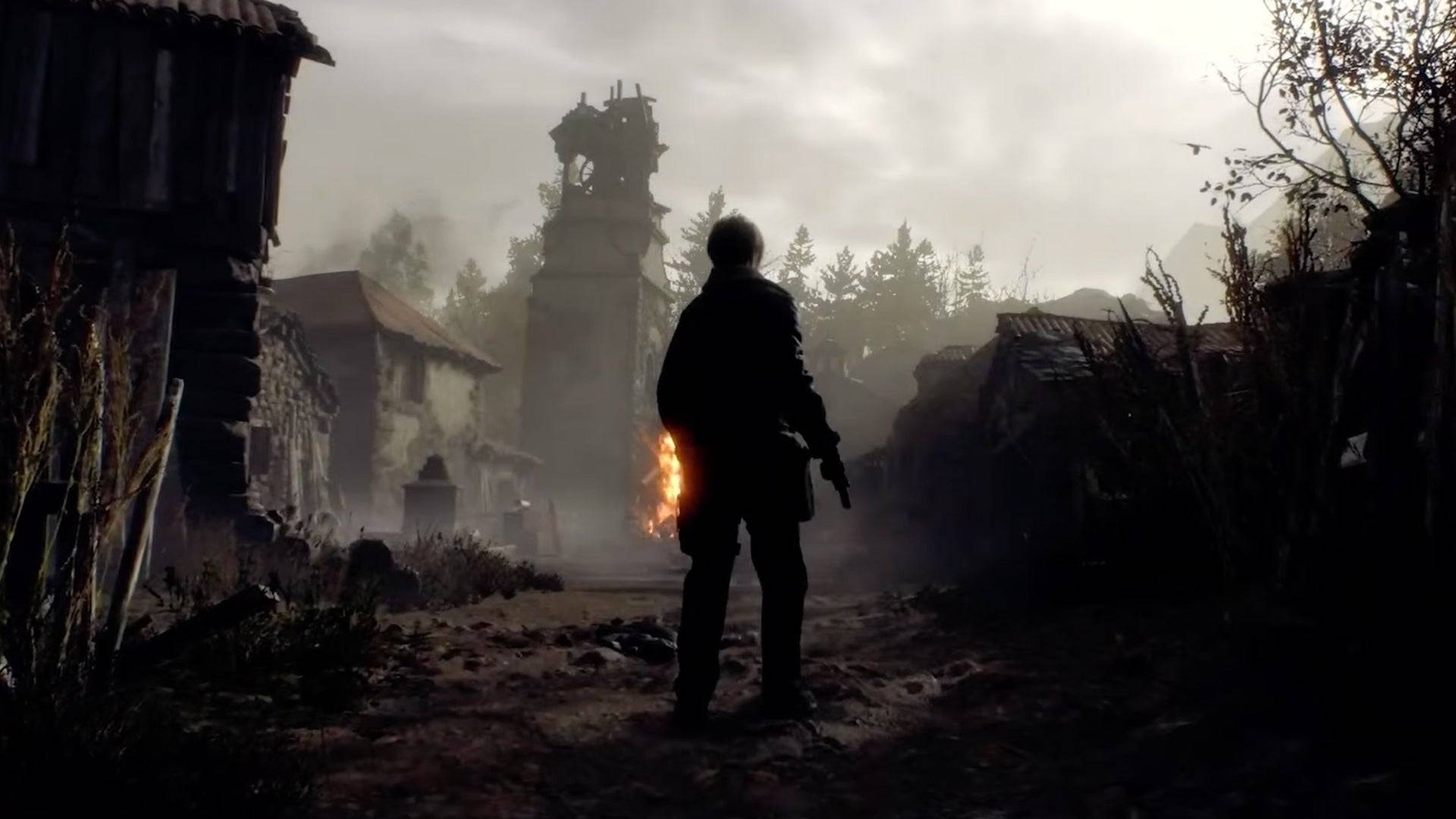 The RE Engine played a crucial role in this revival. Its ability to handle photorealistic assets and its flexibility allowed developers to experiment and refine their games more efficiently. Hideaki Itsuno utilized this technology to create *Devil May Cry 5*, aiming to make the "coolest" action game possible.
The RE Engine played a crucial role in this revival. Its ability to handle photorealistic assets and its flexibility allowed developers to experiment and refine their games more efficiently. Hideaki Itsuno utilized this technology to create *Devil May Cry 5*, aiming to make the "coolest" action game possible.
The Reason Behind The Change
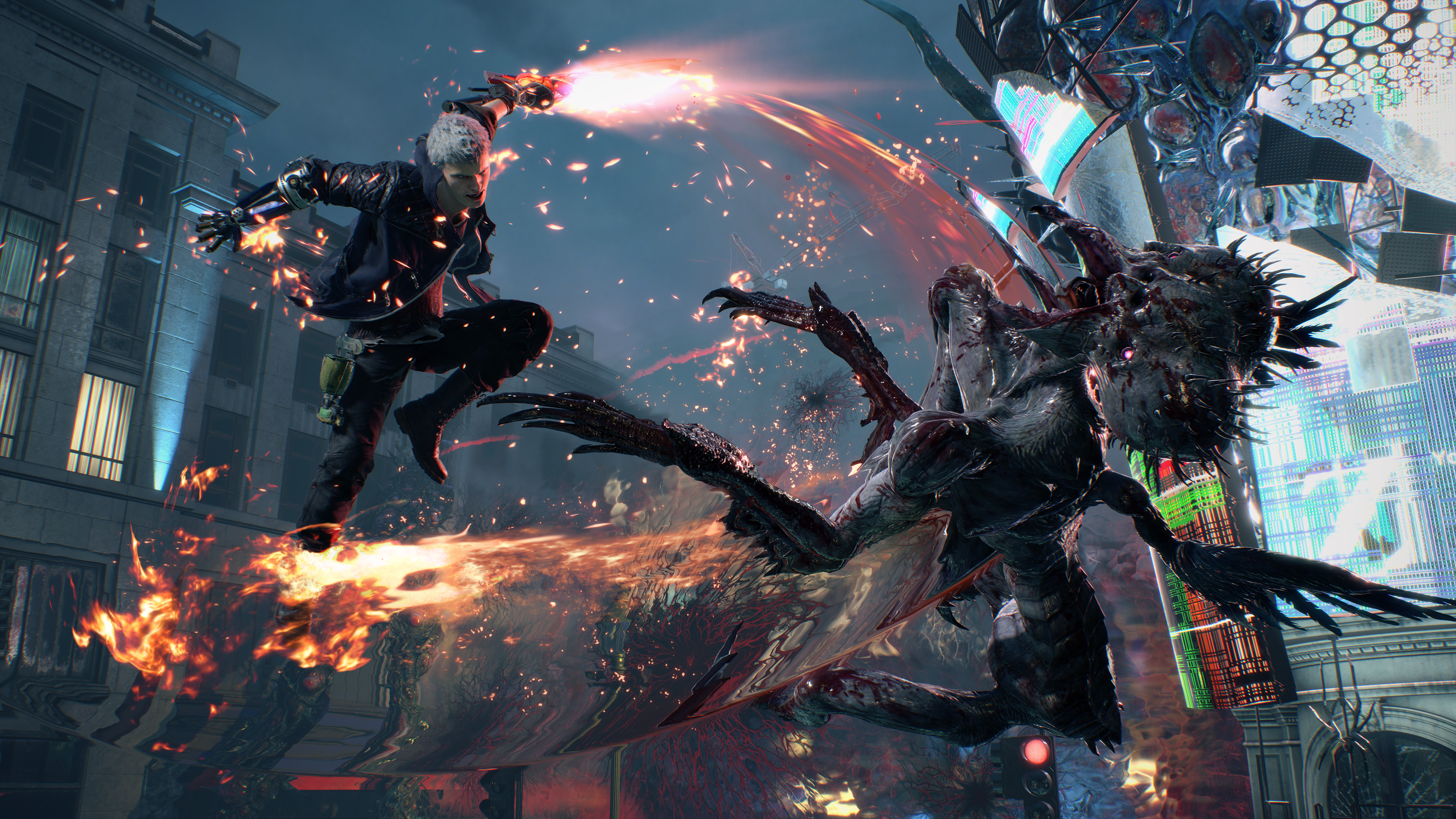 Itsuno's vision for *Devil May Cry 5* was to challenge players and maintain the series' signature coolness. The RE Engine's capabilities allowed him to push the boundaries of what was possible in action game design.
Itsuno's vision for *Devil May Cry 5* was to challenge players and maintain the series' signature coolness. The RE Engine's capabilities allowed him to push the boundaries of what was possible in action game design.
A New Capcom Golden Age
Since 2017, Capcom has released a game of the year contender almost annually, a feat that sets it apart from other major studios struggling for consistency. The company's focus on creating globally appealing games, powered by the technologically advanced RE Engine, has been a recipe for success. Capcom has seamlessly shifted between genres, from fighting games to survival horror and action RPGs, without losing its unique identity.
Capcom's commitment to maintaining the essence of its franchises while expanding their reach has resulted in a new golden age. Directors like Nakayama and Tsujimoto are optimistic about continuing this trend, emphasizing the excitement and focus on fun that drives their current projects.
Latest Articles











